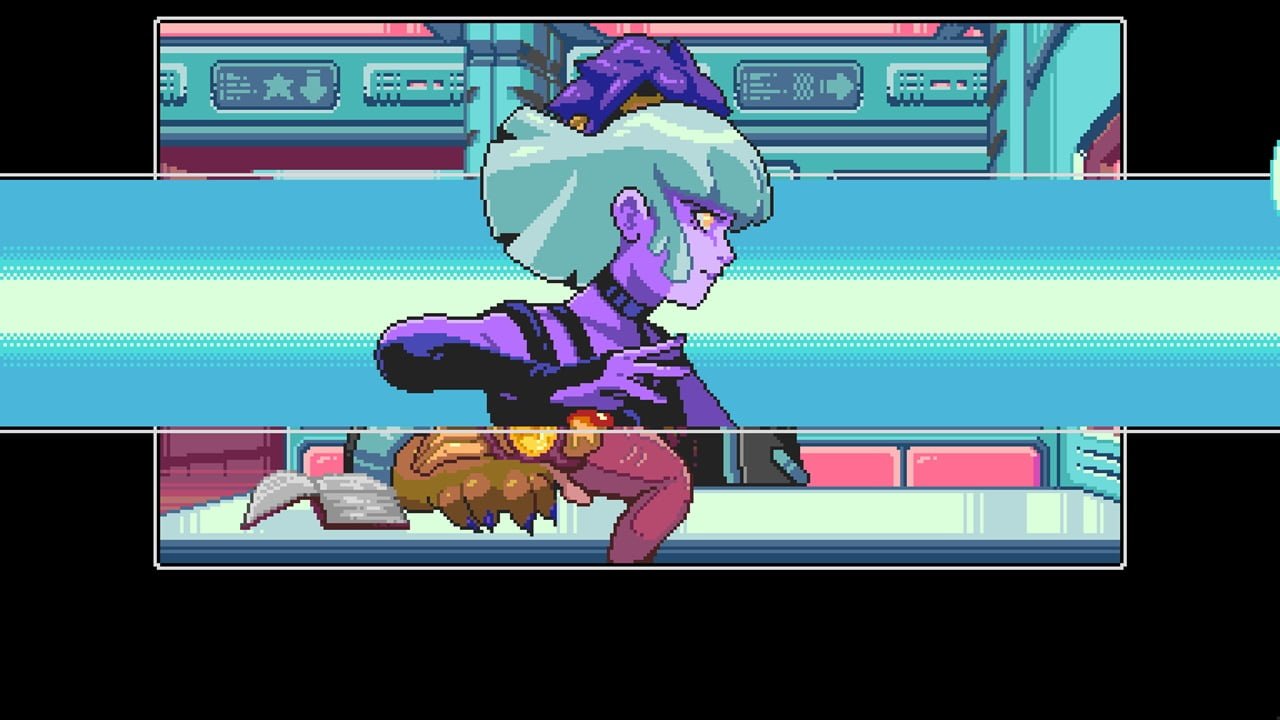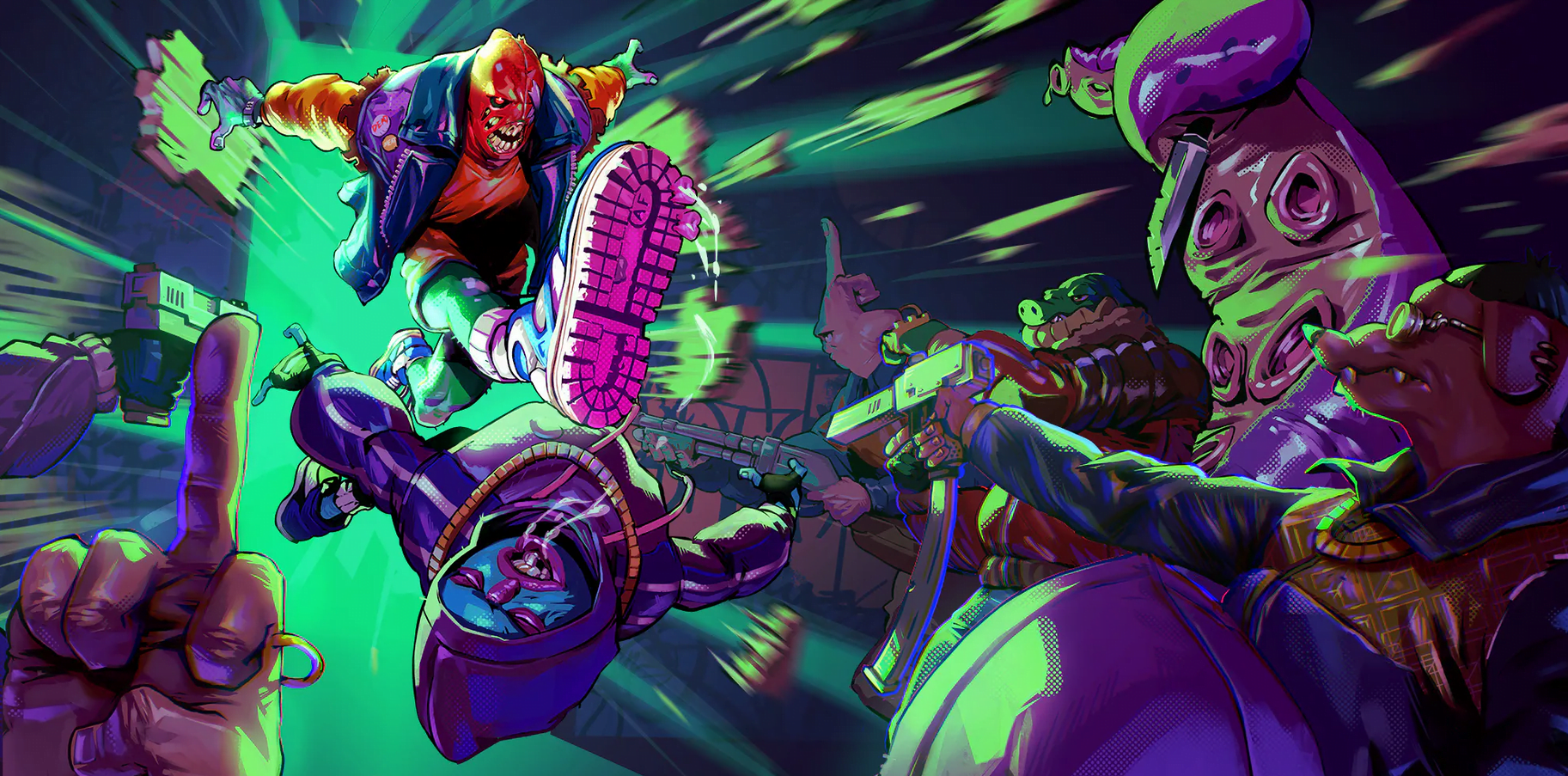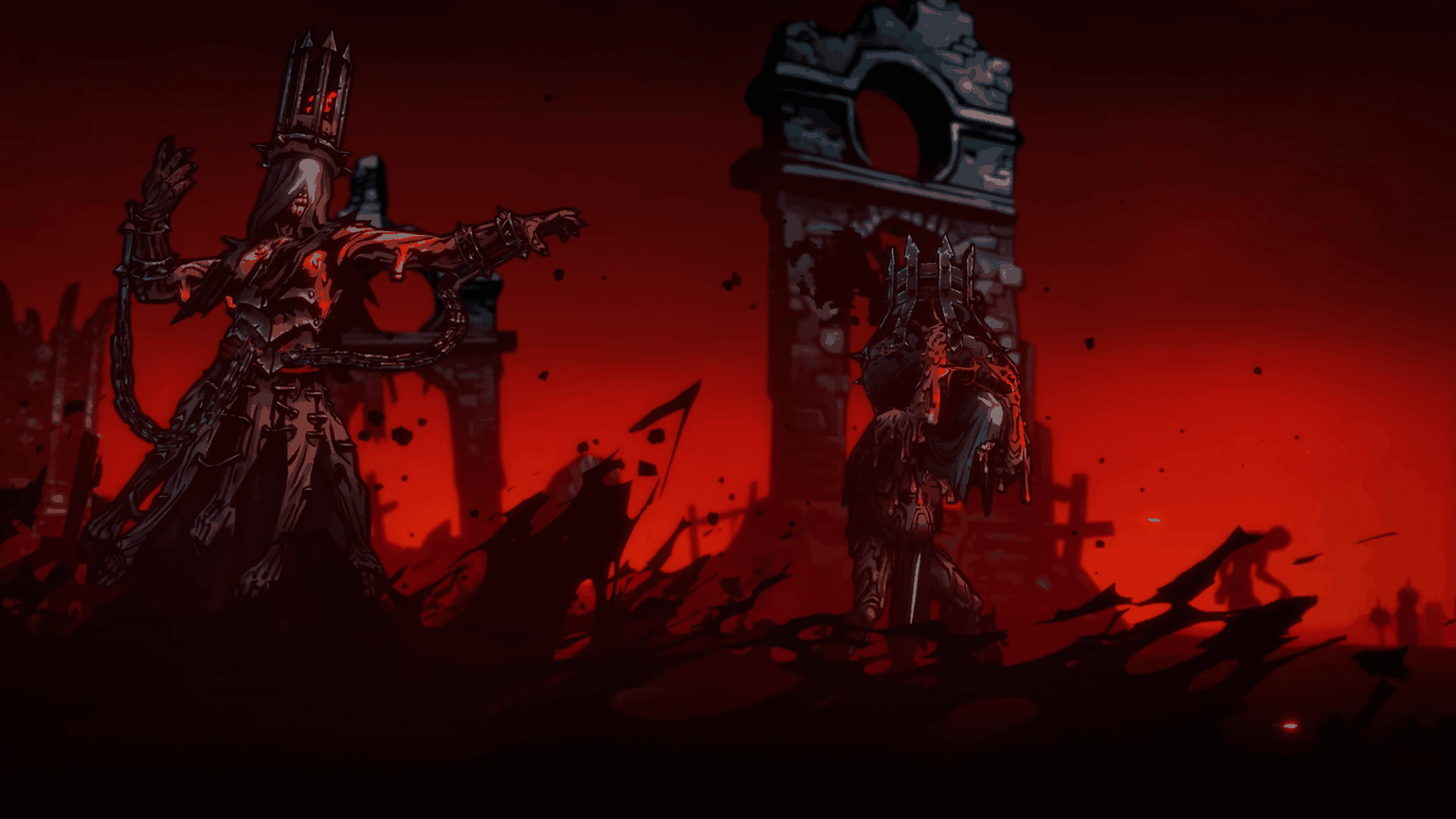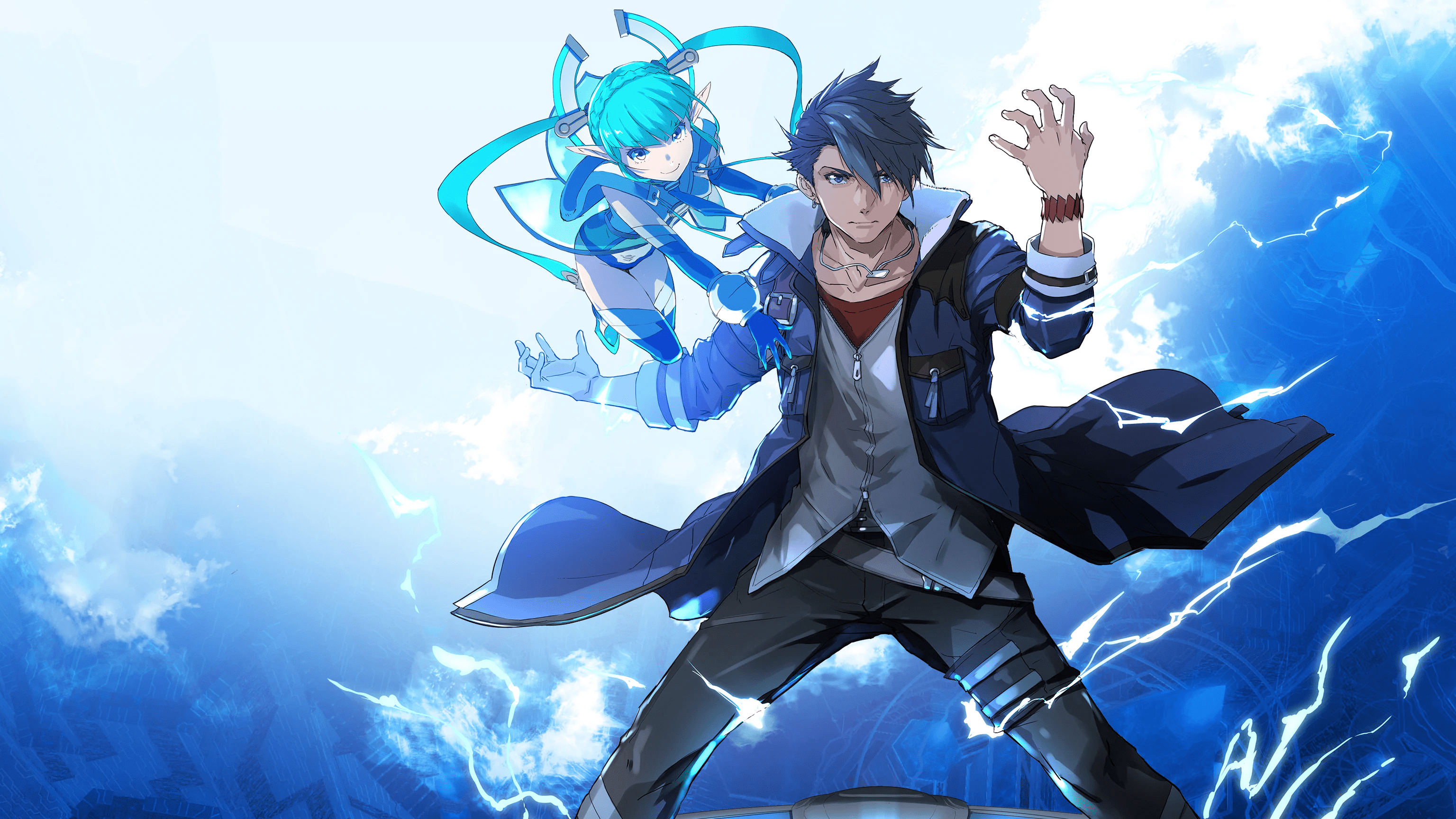Read Only Memories: Neurodiver exists in a weird space. It arrives almost a decade after its predecessor, and several years after developer MidBoss imploded due to the revelation that it was a highly abusive and exploitative workplace. 2064: Read Only Memories was and still is a great game, but I wouldn’t say I held much excitement for the idea of more games in this series following that news.
Which puts Neurodiver in an odd spot. As a sequel, it’s an enjoyable little adventure that serves as a fun return to Neo-San Francisco, but it is also one that has the specter of the company’s history hanging over it. It feels like a game that is carrying the weight of effectively being MidBoss’ comeback; an attempt to distance itself from the past and start fresh. A chance to prove things have changed. A tall order for anything, doubly so for a sequel arriving nine years after the original.
Read Only Memories: Neurodiver follows Luna Cruz, aka ES88, an Esper who works for Minerva, a company specializing in the research of Espers and psychic phenomena. She’s basically a psychic detective. Her job is to dive into people’s minds with the help of the Neurodiver, a synthetic creature that looks similar to a nautilus that she’s linked to to help enhance her psychic abilities. Her job often sees her helping people recover lost or foggy memories, primarily, but her training has prepared her for more involved detective work.

Her first big case involves a rogue Esper by the name of Golden Butterfly, who has been tampering with people’s memories. The attacks are seemingly random and leave no trace of their presence. The effects are minor – no one would guess their minds had been tampered with, as very particular memories being hard to recall is the only effect of the attacks. But that this is happening at all is a problem. Her job is to figure out who this person is, what their aim is, and ultimately put a stop to them, ideally helping those affected along the way.
It’s a much smaller scale story than its predecessor. It’s focused primarily on Luna and her own insecurities and anxieties around her job and abilities as an Esper and the slow unraveling of her life before joining Minerva. The Golden Butterfly case acts more as a vector to force her to confront these aspects of herself than a jumping off point for something bigger. The case itself is a fun bit of cat and mouse, though.
The story plays out in an episodic structure. It specifically pulls from anime, complete with the ad-break screens that flash the title and dramatic “next time on” previews that bookend each mission. In part this is just keeping with the Neurodiver‘s aesthetics, which lean pretty hard on the anime-inspirations, but it is also a play on Luna’s own affinity for the medium and magical girls specifically, a trait that comes up quite frequently.

Neurodiver is a point-and-click adventure game in the style of games like Snatcher. It’s of the type that places heavy focus on the story above puzzles and interaction, similar to the previous game. You poke around each scene examining any objects or persons of interest to collect info or clues you might need during a dive. Those clues are used to restore fragmented memories – a sort of distortion that manifests as something wildly out of place (an autumnal scene manifesting in a train compartment, for example). With the right clues, you can clear the distortion and reveal the actual memory underneath. Most times it’s obvious what needs to be used where, other times it takes a bit of trial and error. There’s no penalty for failure, though, so you can keep trying as much as you want.
Exploration-wise, you have limited mobility. During dives, you can only look around the immediate area since you’re limited to the confines of the memory. Outside you’re similarly constrained, primarily able to explore around Minerva’s facilities as you please, but very restricted elsewhere. Anytime you head out into the city, you’re purposely kept within the parameters of the mission. Exploring isn’t an option. Get the mission done, then head back.
It’s a more linear structure than the previous game. Where before you could hop around a bunch of different locations as you please, here you’re always moving forward and only where directed. Neurodiver maintains a brisk pace, then, seldom languishing in any one moment longer than it has to.

It does, however, make some exceptions. Neurodiver is particularly interested in routine. Every day you go through the same motions: wake up, retrieve the Neurodiver, and then head out to the balcony until Luna’s partner Gate arrives so they can clock in and get the day’s assignment. You then head into the city, find the target, help them uncover whatever memory is eluding them, and then report back to base and call it a day. You always go through each step every single time. You always have to step out on the balcony before doing anything else. You always have to sit through the elevator rides both ways. You always have to watch the same panning shots, always have to check in at reception (even when Luna is in a hurry), and so on, never skipping where other games would likely do so.
Neurodiver instead relishes the repetition. For a game that is otherwise keen to keep things moving, its interest in luxuriating in the mundanity of a daily routine is notable. It wants the small moments to be meaningful. Both because it gives room for Luna to self-reflect and provide a grounded contrast to the supernatural goings on of her job, but also because it makes any divergence as immediately apparent and jarring for you as it is for her.
It’s strange going back to Read Only Memories. There was a time I would have been ecstatic about a sequel. And now that one is here, I’m not sure how to feel. Neurodiver was an enjoyable return to this style of adventure game, but it’s also one that didn’t leave me with any strong feelings either way. I enjoyed what I played, but it didn’t leave a strong imprint on me either. It’s just… fine? Feels kinda anticlimactic. Fitting in some way given how long it’s been. A sequel could only quietly exist and be fine. 2015 was a different time. Read Only Memories hit differently then. It’s still good now, but less impactful than it was then.
Callum Rakestraw is the Reviews Editor for Entertainium. You can follow him on Cohost @crakestraw.





